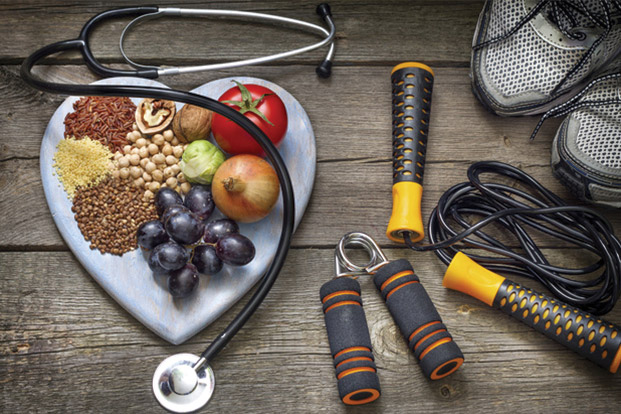10 Food Items to Avoid in Diabetes
Apr 19, 2022
Diabetes is a silent killer and once the disease is detected the most worrisome detail is what you can eat and what you should avoid. The best is if you add to your diet some super foods that can help manage or reduce diabetes. However you need to say a NO to the given below food items. These have an adverse effect on your health and affect your management plans. As a diabetic you need to avoid starch rich products and sugar laden food items.
- Refined flour (Maida):- It provides lots of starch (73.9%), some protein (11%) but lesser amount of vitamins, minerals and fibre. It is used to make white bread, biscuits, cake, etc, and outer covering of samosa, and kachori. It is also used in many fried snacks like matri, bhatura, etc. Over consumption of maida is linked with constipation. The glycemic index of maida is very high. It is not suitable to patients suffering from diabetes and obesity.
- Corn flour: – It is pure starch. During its production, all other nutrients are removed. It is an ingredient generally used as a thickening agent in soup and curries; for coating cutlets and kababs; bulk agent in desserts and Indian sweets and confectionary; chewing gums and bakery. Excess consumption of corn flour is not advisable for obese and diabetes patients.
- Arrowroot flour: – It is a tropical herb with plenty of starch (83%) and very less amount of protein, vitamins, minerals and fibre. It produces very fine quality of starch and is used popularly in all foods for mixing and coating, without affecting the taste of products. It is not advisable to consume for obese and diabetic patient, due to high starch, high glycemic index and no fibre content.
- Sago: – It is full of starch (87.1%), 0.2% protein, 0.2% fat and has no fibre. The glycemic index of sago is very high. It is easily digestible and provides plenty of calories. So, it is not recommended to obese and diabetic patients.

- Jam and Jellies: – It usually contain high fructose corn syrup (HFCS), which is having relatively more amount of fructose. Consumption of high fructose corn syrup has been found to increase the risk of obesity, diabetes and heart disease.
- Sugar: – It contains only energy (4kcal/gm) and no other nutrients. It adds energy value to the diet. It is used to sweeten different kinds of food and beverages. It has high glycemic index, glycemic load and contain 100% carbohydrates. It should be avoided bydiabetes and obese patient.
- Honey: – It is obtained from honey bee combs. It contains 80% sugar, which is mixture of fructose, glucose and small amount of disaccharides and oligosaccharides. Due to high glycemic index and sugar content, it is not suitable for diabetic patients.
- Jaggery (Gur):- It is obtained from sugarcane, date and palm. It contains 84% to 99% carbohydrates. In addition to carbohydrates, it contains many minerals but has no fibre. It has high glycemic index and is not good for diabetic and obese patients.
- Potato: – It is liked by most of the people of different age groups. It provides 97kcal, 22.6gms carbohydrates, 0.1gm fat, 1.6gm protein, and 0.4gm fiber per 100gms. In potato, 98% of total calories come in the form of simple carbohydrates. It has high glycemic index and is not advisable for diabetes patients.
- Cakes and pastries: – It is made from refined flour, sugar, salt, solid fats, eggs and milk or cream. Mostly cakes are made with butter or margarine. Both are high in saturated fats and some contain trans fatty acids. It is high in sugar, simple carbohydrates, cholesterol and calories. It has high glycemic index and not suitable for diabetes and obese patients.
If you are diabetic, it is best advised that you consult a nutrition expert and get a detailed diet plan drawn out for you. A well balanced meal with the right ingredients can help you maintain your diabetes and also reduce the extra pounds. Share your lifestyle and habits so that the nutrition expert can be more specific. Do not self prescribe the diet plan and also as a rule try not to have binge diets or habits.









